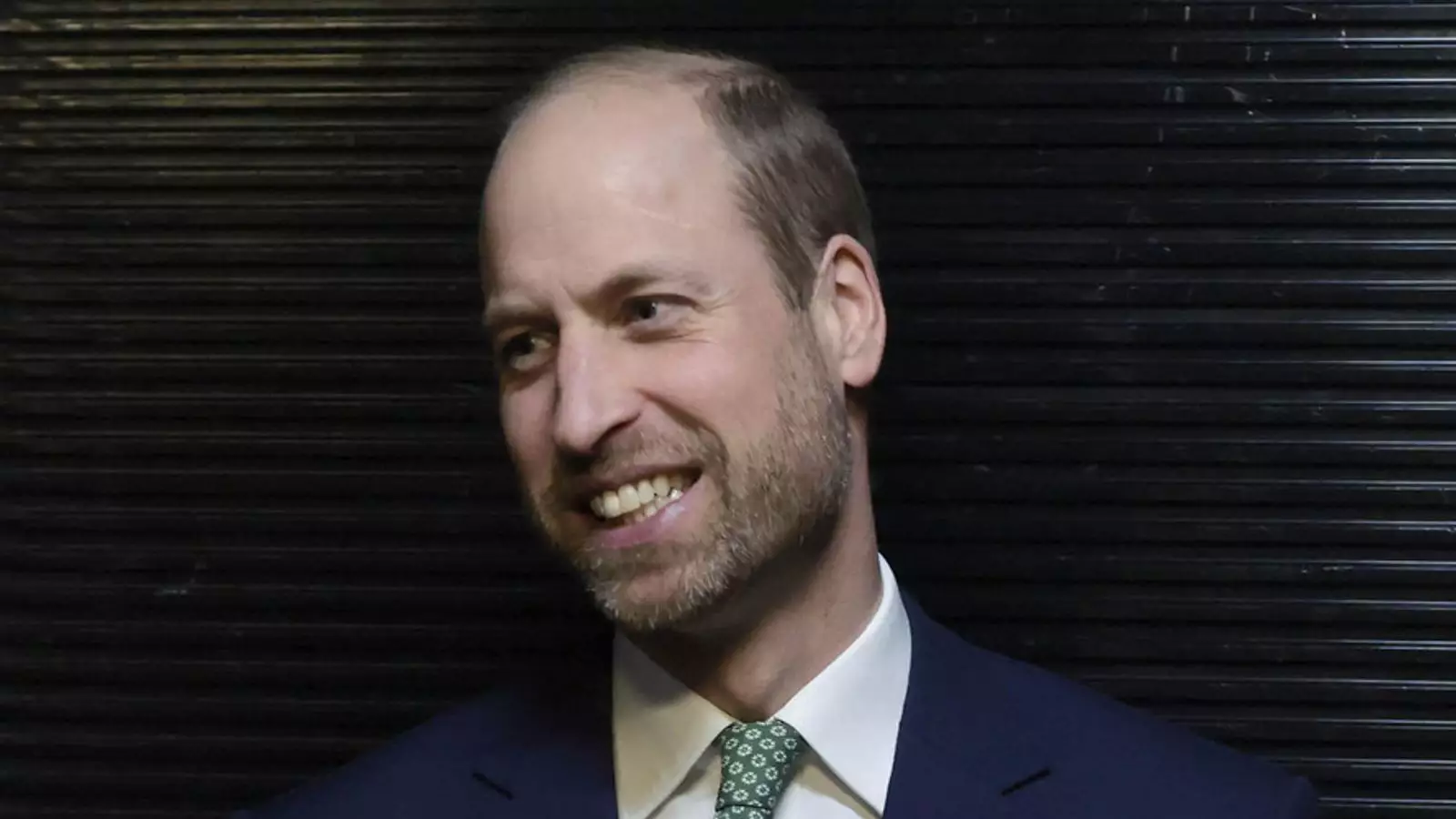In a notable departure from traditional expectations, Prince William has articulated his vision for the monarchy, advocating for a more modern and empathetic approach to royal responsibilities. During his recent tour of South Africa, he expressed a desire to engage in royal duties with “a smaller R in the royal,” signaling a personal commitment to redefining how the royal family interacts with both local and global communities. The Prince of Wales emphasized that he is “trying to do it differently,” indicating his aim to align the monarchy’s practices with contemporary values and the sentiments of his generation.
This reflective stance on royal engagements underscores a potential shift towards what can be viewed as a more accessible monarchy. Prince William’s statements hint at a burgeoning realization that the public, particularly younger individuals, may desire a monarchy that resonates with their concerns—issues such as climate change, social justice, and community welfare. By promoting “impact philanthropy” and collaboration as pillars of his approach, William is attempting to broaden the royal family’s influence and relevance in a rapidly evolving global landscape.
One of the most striking aspects of Prince William’s remarks during the South African tour is his emphasis on empathy as a critical component of leadership. He articulated a need for “more empathetic leadership around the world,” suggesting that many current leaders may lack the necessary emotional connection to address pressing societal issues effectively. This focus on empathy stands as a poignant reminder that leadership, especially in the context of royal duty, often requires more than mere authority; it necessitates understanding and compassion.
By incorporating empathy into his ongoing initiatives, such as the Earthshot Prize and projects addressing homelessness, Prince William positions himself as a monarch who not only observes challenges but actively engages with them. This approach reflects a broader trend in leadership where emotional intelligence plays a pivotal role in effecting change. Such a framework can resonate deeply with a public that increasingly values leaders who demonstrate authenticity and care for communal wellbeing.
Prince William’s candor about the difficulties faced over the past year—particularly concerning the health challenges of his wife, Kate, and father, King Charles—offers insight into the human aspect of royal life. This vulnerability contributes to an image of a modern monarchy that acknowledges the human experience of struggle and hardship. His remarks point to a challenge that, while burdening, also underscores his dedication to his royal responsibilities.
Despite the personal tribulations, he hints at a more active engagement of Catherine in royal duties in the future, showcasing a partnership that extends well beyond the ceremonial, reflecting shared goals and responsibilities. While reiterating the importance of family, particularly focusing on their children’s education, Prince William maintains a balance that many parents strive to achieve, resonating with the everyday experiences of their subjects.
Finally, the essence of Prince William’s vision hinges on his commitment to effecting tangible change within society. His focus on programs like Earthshot, aimed at innovative solutions to environmental challenges, reflects a proactive stance that seeks to inspire others to take action. In emphasizing projects tailored towards social impact, he embodies the principles of responsible leadership and the necessity of personal involvement in humanitarian endeavors.
As he continues to explore his role within the royal family and society at large, the articulation of his values and visions demonstrates an understanding that the monarchy must evolve alongside the challenges of a changing world. While honoring tradition, Prince William’s approach signifies a willingness to adapt, offering a glimpse into a forward-thinking monarchy that prioritizes empathetic leadership and active engagement. His journey towards establishing this new royal narrative may indeed pave the way for a monarchy that is not only relevant but also deeply integrated into the fabric of modern society.


Leave a Reply